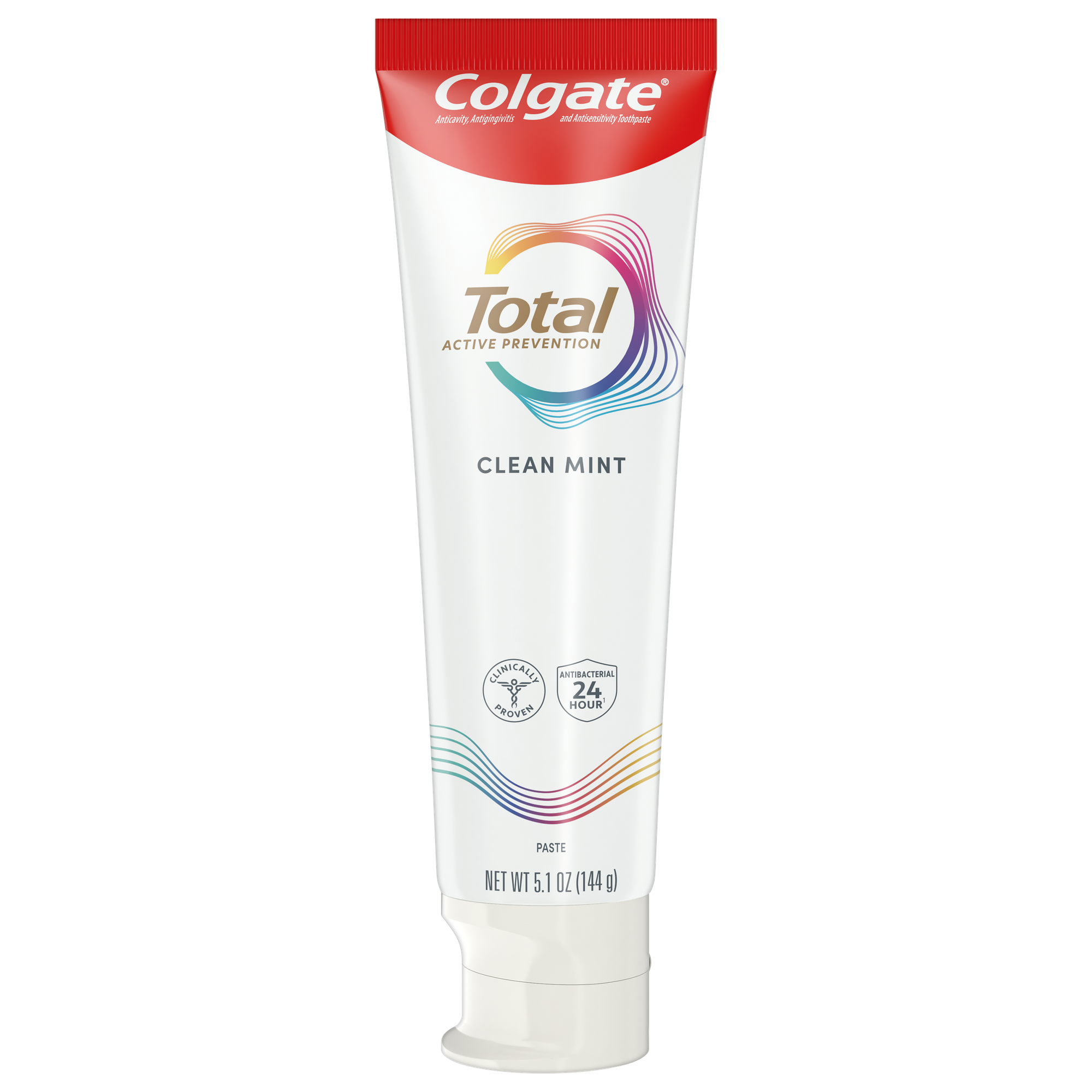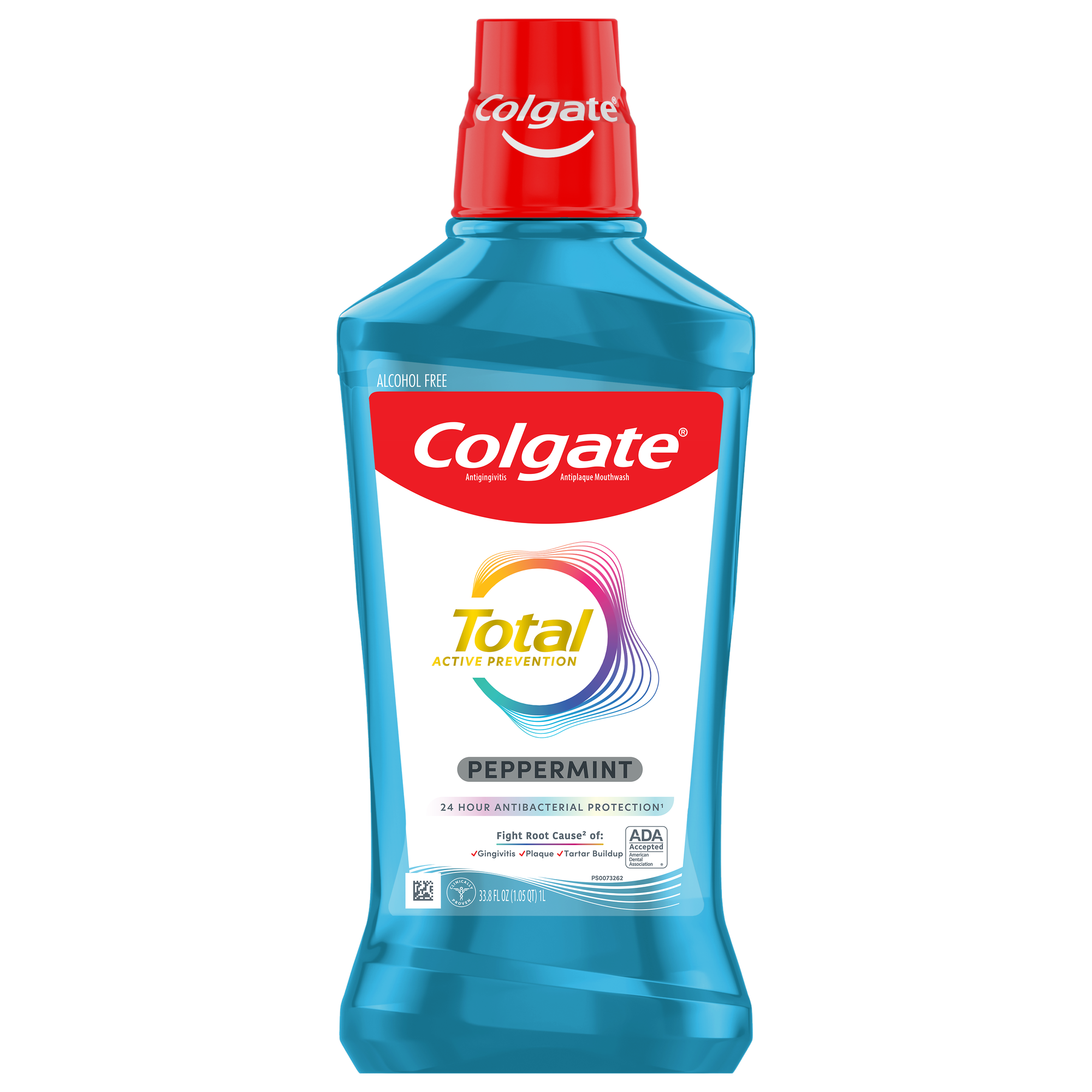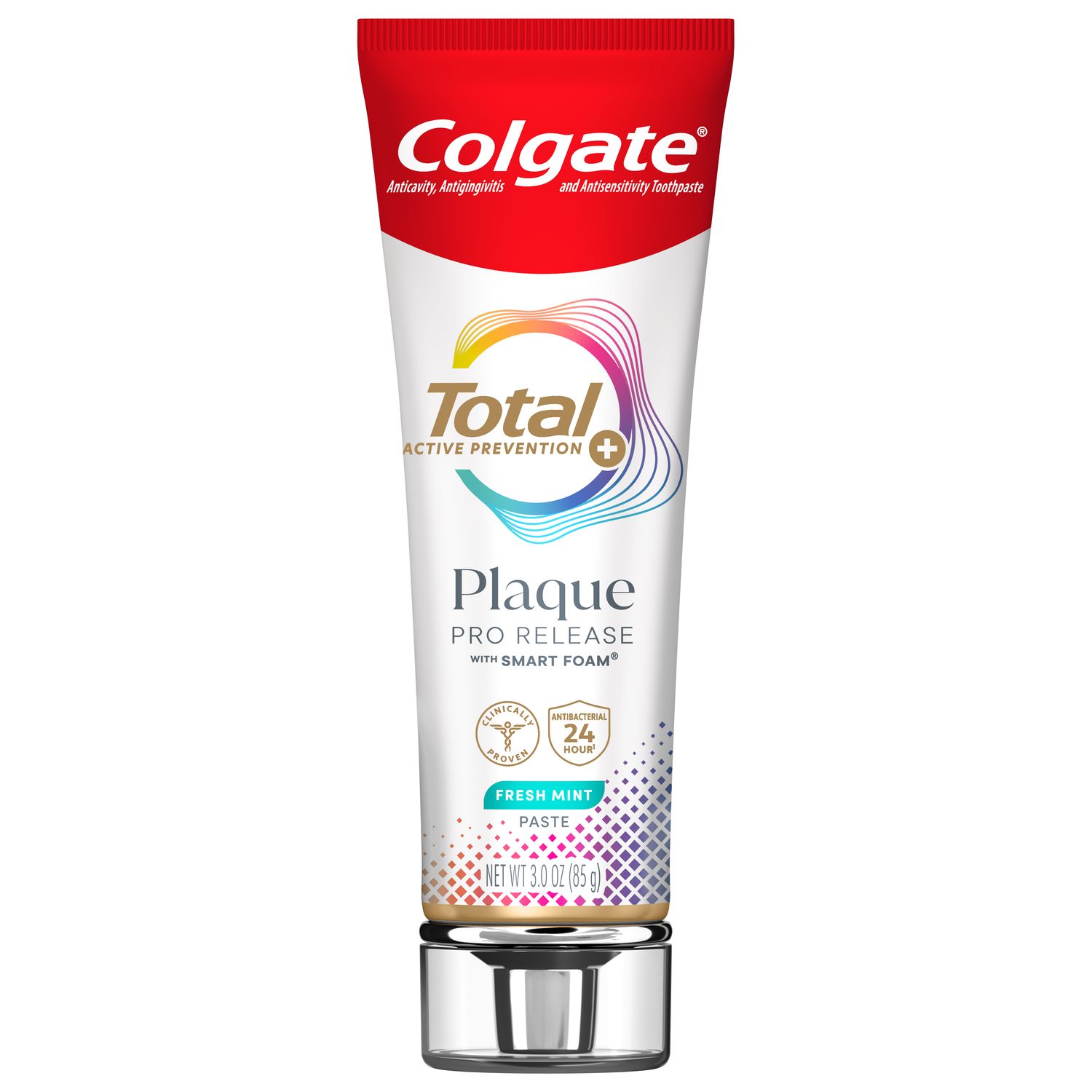
Cancer. Regardless of the type, it’s a word you are never ready for or want to hear. Our patients are looking for guidance, comfort and information as they go through this phase of care. Regardless of the type of cancer therapy our patients are receiving, it is vital we, as oral health care professionals, follow through with close communication to help them with every possible resource and help ensure their comfort is achieved and their oral health preserved as they recover.
I was only 22 when my dad received his diagnosis. As an oral healthcare professional, I not only wanted to be the provider, but the comforter as his daughter. I took a deep breath, took a step back and cleared my head. Making the choice to separate professional and personal is the hardest part of helping someone through cancer therapy.
Let’s Begin
Cancer doesn’t discriminate. Coming to grips with a diagnosis affects every part of the family. When you play two parts of the equation, you question every part of your recommendation. Are you choosing to do what’s best for your patient in a professional or personal frame of mind? We help make recommendations for every dental visit and educate our patients. Making recommendations comes from knowing your patient on a personal level. The personal recommendations I was making with my dad included things I may not have typically asked. With this insight, I questioned and began to challenge myself as a provider for every other patient I care for. Have I always looked at their life and not just at their mouth? Have I examined who they are as a person? Walking through this process as a daughter gave me a different perspective. A perspective that I hope I will always use when speaking to a patient. It has allowed me to be vulnerable to their needs and care.
- Talk about life with your patient. Your patient’s life is turning upside down. Can you make recommendations which will help them ? Look at their daily habits. For someone like my dad, it was about enjoying food. He was a healthy person before cancer. He loved adventuring different foods. The cancer, chemotherapy and radiation therapy destroyed that. We needed to find things to help him have comfort when having foods, and to help him manage xerostomia by using saliva substitutes.
- Identify the state of oral health. Many times, patients need dental care prior to beginning their cancer therapy. It is important to identify areas which may cause additional concerns, such as defective restorations and pulpal disease, or periodontal disease, that may result in complications and could interfere with their treatment.
- Provide oral hygiene advice and recommendations to your patients, tailored to their needs.
- Review possible oral side effects and how to manage and treat them, before your patient needs the help. It is very important to know and understand the type of cancer your patient has and the side effects of the cancer itself, and to understand the cancer therapy your patient will receive and its side effects. Patients experiencing xerostomia also need preventive care to address their increased risk for dental caries.
Complications such as oral mucositis, xerostomia, infection, functional disabilities, taste alterations and nutritional compromise are all side effects which are common and can be treated/managed. - Pain management. There are several types of therapies we can provide in pain management which are much less than true pain medications. Be preventative. Talk with your patient about the options they have. What type of side effects can your patient expect to have based on their cancer and treatment?
What’s available
There are many products which physicians and dental professionals recommend, however the recommendations and use may be slightly different. Having a partnership and communication with the specialist caring for your patient will help the patient in receiving the best available resources. For example, the dental office I work at recommends and prescribes Magic Mouthwash, a compounded prescription rinse provided to alleviate oral discomfort. While we as dental professionals recommend it be used in a “swish and spit” method, patients such as my dad may have it prescribed by their specialist with directions to “swish and swallow” it if their discomfort affects both the mouth and throat. Patients who experience oral candidiasis may need anti-fungal medications. Talking with your patient about the possible treatments they may have available can help them to talk about this with the dentist or their oncologist.
Over-the-counter and readily available products may be extremely helpful to your patient. Products such as Colgate Hydris Mouthwash gives great xerostomia relief and can be available whether your patient is near their home or out of town for treatment.
In order to manage the increased caries risk associated with xerostomia, patients need to understand why this happens and what preventive care is needed. Remember that patients who had head and neck radiation therapy may have xerostomia long after cancer therapy ends and will still need preventive care. To help prevent dental caries, a prescription-level fluoride toothpaste is a great recommendation, such as Colgate PreviDent 5000 Dry Mouth. Making this product available either from the office or as a prescription can be an excellent option for those patients with xerostomia. In-office application of a 5% sodium fluoride varnish, such as Colgate PreviDent Varnish is also recommended for patients at increased risk for caries. Note however that this is contraindicated if your patient has ulcerative gingivitis and stomatitis.
For patients who do not experience xerostomia and are not at increased caries risk, recommending a multi-benefit toothpaste such as Colgate Total can help patients use toothpaste with a wide range of benefits.
Following through with all of the requests and needs of the oncologist or other specialist are very important. Often, the clearance letter from the physician’s office will identify how to move forward. If your office has a question, call and ask! It is important we follow through on our part, which will allow the patient’s physician and specialist to do their part.
Think outside the box
Some patients experience problems beyond those that can be prevented, or alleviated with a mouthwash or prescription. My dad had a cancer which destroyed his palate, leaving a full connection through the nasal floor. He couldn’t eat foods without them unfortunately coming through the nasal passage. The dentist I was working for created a palatal obturator which covered the palate. It was similar to an Essix retainer, however it only covered the palate. I saw not only a patient get their enjoyment of food back, I saw a man regain his pride. Thinking of resources, which may not be covered in a textbook, are vital to each patient. For our patients undergoing cancer therapy, this can help develop and solidify a relationship for hopefully years to come.
Takeaways
No two patients undergoing cancer therapy will be the same. The experience of having a dental team that is dedicated and supportive can encourage patients in general to take control of their own oral health. While all of our patients need individualized care, these patients need a stronger partnership. Choosing to be professional, and yet thinking personal, will help you to care for these patients in a way which can benefit their daily life in a time they need more than just their dental care provider.
Join us
Get resources, products and helpful information to give your patients a healthier future.
Join us
Get resources, products and helpful information to give your patients a healthier future.













